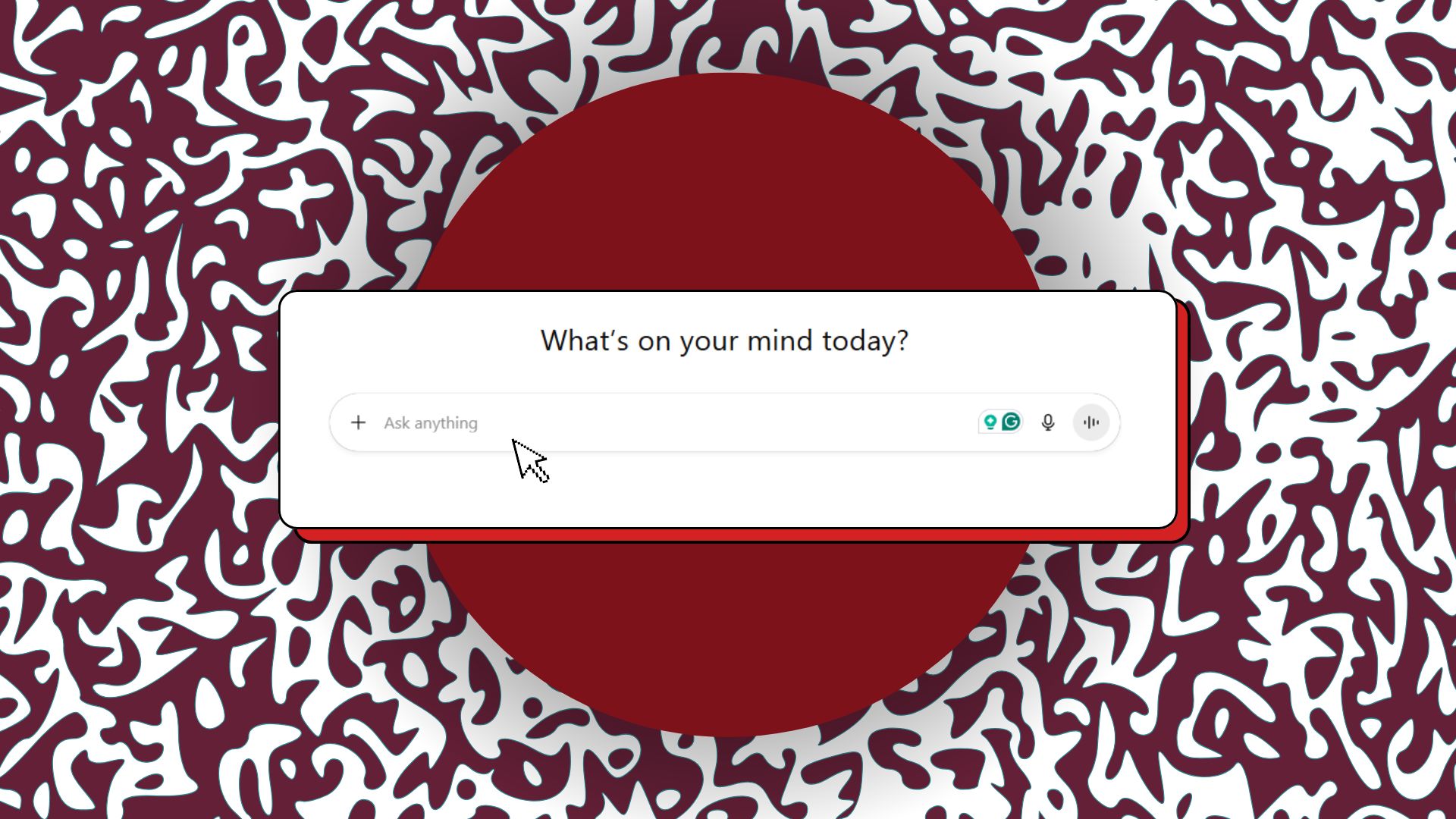A new study from marketing agency Nectiv has revealed that ChatGPT performs a web search in nearly one-third of all prompts, and when it does, it searches more deeply and precisely than the average Google user.
Rather than relying solely on pre-existing knowledge, ChatGPT actively goes online, reads live pages, and incorporates real-world data into its answers. This shift could profoundly affect how marketers approach visibility, content strategy, and SEO in an era where AI is rapidly becoming a core information source.
How the research worked
To understand how ChatGPT interacts with the web, Nectiv analysed more than 8,500 prompts across nine industries using its internal tool, AI Tracker. This software detected when ChatGPT performed an external search and captured the queries it used.
The findings showed that around 31% of prompts triggered at least one search, with ChatGPT averaging just over two searches per prompt and sometimes as many as four. This behaviour suggests that when ChatGPT goes online, it doesn’t just pull one result – it triangulates information across several pages before generating a response.
The average search length was 5.5 words, which is roughly 60% longer than a typical Google query. In fact, more than three-quarters of all searches contained five or more words. This means ChatGPT searches in the way experienced users might – using longer, more specific phrases to find precisely what they need.
The frequency of searches also varied by topic. ChatGPT was far more likely to search for local information (such as “best dentist near me”) than for topics like credit cards or fashion, where data tends to be static or straightforward.
What ChatGPT looks for
When ChatGPT does search, it gravitates towards content that feels useful, trustworthy, and relevant. Nectiv found that the most common search terms included:
- “Reviews” – often tied to buying decisions or product comparisons.
- “Features” – especially in software, travel, or product-related prompts.
- “Comparison” – indicating that ChatGPT wants balanced or side-by-side information.
- “2025” – showing a clear preference for current or updated content.
This pattern tells us something important: ChatGPT favours fresh, decision-focused content that helps it validate facts or provide recommendations. Review articles, comparison pages, and feature breakdowns are the types of pages most likely to appear in the material it uses to answer users’ questions.
A new kind of search engine
What makes this so interesting is that ChatGPT now behaves like a “meta search engine.” Instead of relying purely on stored knowledge, it combines live searches, reasoning, and conversation into a single process.
Ask a question like “What are the best project management tools for remote teams in 2025?” and ChatGPT might run several searches – one for the general topic, one for brand comparisons, and another for recent reviews. It then digests that data, compares multiple sources, and delivers a single, summarised answer.
Unlike Google, which leaves users to browse links themselves, ChatGPT does that work on their behalf. For marketers, this means the focus is shifting from ranking highly on search results pages to becoming the source that ChatGPT trusts enough to read, summarise, and cite.
Why this matters for marketers
According to Nectiv’s co-founder Chris Long, “When ChatGPT uses search, SEOs have much more control over the information that’s presented. ChatGPT is basically a wrapper for search engines. If we can figure out how often and what the model is searching, we can optimise for it.”
That’s a key shift in thinking. SEO is no longer just about visibility in Google. It’s also about how your site performs when AI tools like ChatGPT are deciding which pages to use to form an answer.
To stand out, marketers should focus on four main factors:
- Relevance: ChatGPT looks for content that answers questions directly, not keyword-heavy copy.
- Freshness: Newer pages are preferred, particularly when the topic changes rapidly.
- Structure: Tables, bullet points, and clear headings make your content easier for AI to understand and summarise.
- Authority: Expert, transparent, and credible sources are more likely to be used.
These principles should now inform both SEO strategy and content creation, ensuring your website is equally appealing to people and machines.
The new era of AI-driven SEO
This study reinforces that digital discovery is changing. Success will depend on creating content that AI systems can read, interpret, and trust. Instead of thinking solely about clicks and rankings, marketers need to think about credibility, clarity, and usability.
That means:
- Keeping your content detailed, accurate, and updated.
- Writing in clear, natural language that mirrors how people ask questions.
- Using formatting that allows AI systems to quickly extract and summarise key details.
- Auditing your own visibility by asking ChatGPT industry-specific questions and noting which sources it references.
The line between search and AI is already blurring. ChatGPT’s growing use of web search is proof that SEO is no longer limited to Google’s algorithm. The next challenge for marketers will be ensuring that when AI tools go looking for information, they find – and trust – you.
In this new landscape, the goal isn’t simply to rank. It’s to become the source that teaches the machine what to say.






